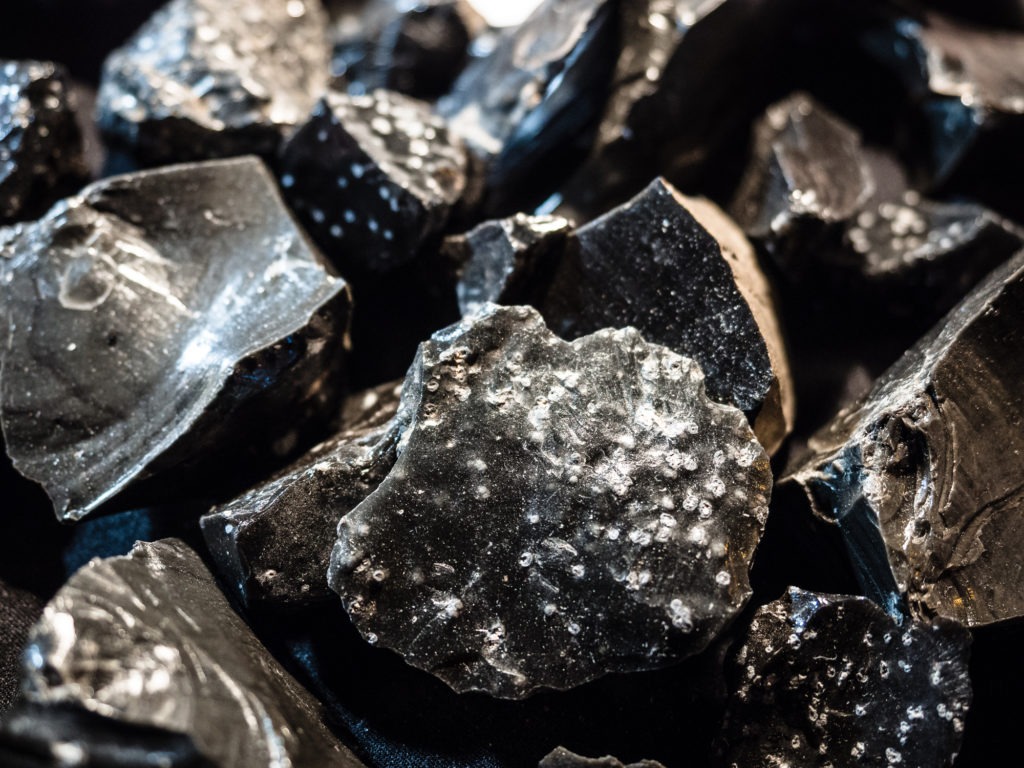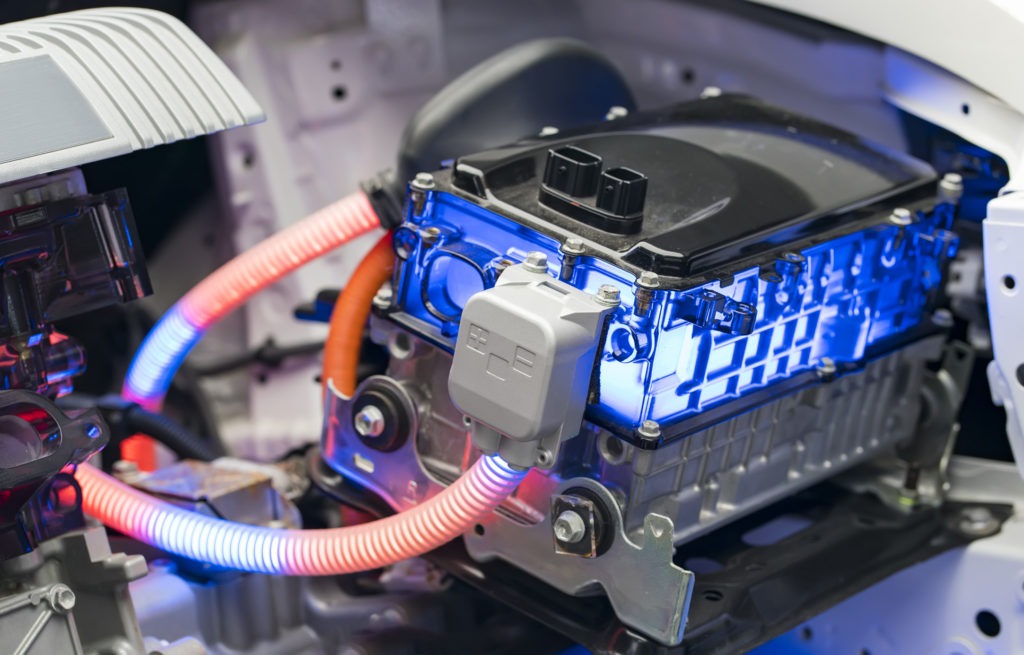Urbix wants to meet 30% of graphite needs for European and US electric vehicles
28 March 2022

Urbix is advancing its graphite processing capabilities rapidly and aims to provide the battery anode material for 30% of Europe and North America’s electric vehicles by 2030. It is on track for full-scale production in the US by 2024, with additional locations to follow.
Asserting itself as an environmentally-friendly automotive-industry supplier, Urbix’s process removes the need for hydrofluoric acid and standard thermal treatments. Producing coated spherical purified graphite (CSPG), its compact modular facilities can be easily set up in response to automotive manufacturing demand. Its methods mean reduced costs, lower energy usage and smaller time requirements.
More efficient and sustainable material processing is exactly what carmakers need as the automotive industry undergoes an enormous transition. Electric vehicles put new emphasis on materials such as graphite for batteries. Tied to this is a green requirement, with materials needing to be sourced and treated sustainably.
Additionally, international supply chains are currently weighed down by COVID-19 and the ongoing war in Ukraine. Car parts shortages are damaging manufacturer output, with delivery times increasing. By introducing localised processing, carmakers will be able to shorten and shore-up graphite supplies.
BEV battery demand
Graphite demand is expected to increase at least five-fold to meet growing demand. So, Urbix has entered an advanced pilot-production phase and is building its first modular commercial line. It will be capable of producing approximately 1,000 tonnes of the anode material a year for battery electric vehicle (BEV) battery manufacturers, rising to 32,000 tonnes by 2024.
Transforming raw flake graphite into CSPG is typically a polluting and caustic process. The conventional method, predominantly used in China to process natural graphite, is a low-yield process involving hazardous acids, which can be environmentally dangerous if not contained correctly. Even synthetic graphite is made from petroleum coke, a residual product from petroleum refinement, and takes a huge amount of energy, with temperatures exceeding 3,000°C.
‘The energy transition is a reality, it is our global responsibility to be true to the essence of this transition and process the minerals that will make this happen in an ESG-compliant fashion,’ said Nico Cuevas, CEO and co-founder of Urbix.
‘In addition, the strained critical battery-material supply chains, such as graphite heavily concentrated in China, pose a very palpable threat that could potentially delay this energy transition. OEMs and battery makers need to secure and diversify their supply chains now to ensure sustainability and stability.’
Graphite processing
Compared with conventional methods, Urbix processing requires just 10% of the energy, 6% of the acid, and 7% of the time. With fewer resources and less time, the company is even capable of doubling the automotive industry standard yield to over 70%. Its processing can be used on raw graphite from anywhere in the world, meaning users will not need to depend on China.
‘In pioneering this localised graphite processing we have been able to rethink the entire method. The result is a “drop in” replacement product that outperforms its competitors on cost and uses just a fraction of the energy while eliminating the use of hydrofluoric acid. This modular approach can fit in existing warehouses with no special environmental permits, meaning we can bring this solution anywhere in the world and close to end use.
‘The global automotive industry has been brought to its knees by the chip crisis. At Urbix, we hope that we can avoid similar challenges for batteries by creating a truly resilient anode solution that helps accelerate the transition to electric vehicles.’



